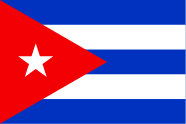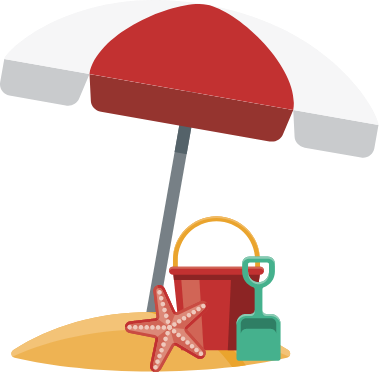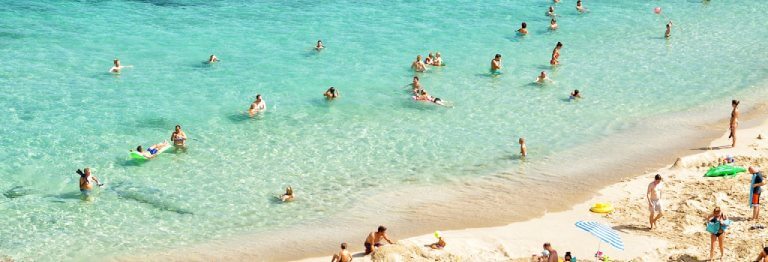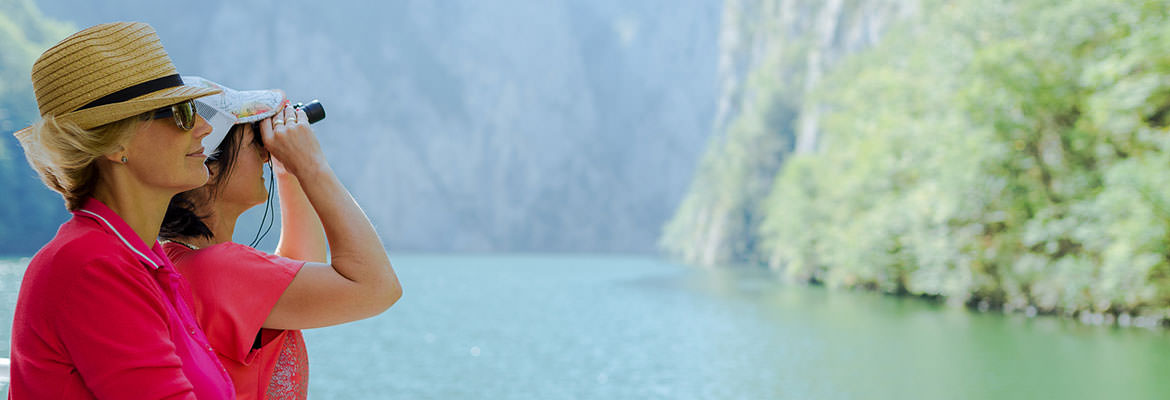

Cuba is a stunning and unique place to visit. Many tourists flock to beautiful beaches like Playa Paraiso or Playa Varadero, but culture vultures will find plenty to keep them entertained in Old Havana and Plaza de la Catedral.
Cuba’s known as one of the Caribbean’s most fascinating islands. It’s a beautiful mixture of Spanish colonial cities, magical time-worn towns and truly remarkable attractions. Whether you want to admire colonial architecture and relax in the jazz clubs of Havana, spend a day in the sun on one of Cayo Coco’s beaches or visit the tobacco farms of Viñales, Cuba is a country that will delight you at every turn.
Before you arrive, it’s important to know that there are two currencies in Cuba. There’s the Cuban convertible peso (CUC) which is used by tourists, and the Cuban peso (CUP), which locals use. You can only convert your money to CUC when you arrive in Cuba, and it’s easiest to do this at the airport or in a large hotel. Before you leave, you’ll also have to convert the currency back into sterling. Although Spanish is Cuba’s official language, English is spoken in cities and large hotels.
Due to a trading ban set by the US in 1959, Cuba has effectively stopped in time and vintage American muscle cars still line the streets. But in recent years, Cuba has opened up to tourism. Cuba is more accessible now than it has been for many decades, and tourists regularly flock to its colourful cities and luxurious beaches.
However you plan to spend your holiday, it's important that you get travel insurance for Cuba to protect yourself against unforeseen events.
Below is some more information about our products, for which Terms and Conditions apply. Please visit the policy information hub for full details.

Why may you need travel insurance for Cuba?

Cuba’s entry requirements state that it’s mandatory for anyone visiting the country to have travel insurance. When you arrive, you may be asked to present proof of insurance, so it’s advisable to print a copy of your documents before you travel.
While you’re in Cuba, travel insurance can help protect you. Although Cuba is now considered to be a relatively safe country to visit, pickpockets and thieves still operate near tourist attractions. Thankfully, travel insurance for Cuba can help you towards the cost of replacing items that are lost or stolen.
Similarly, if you fall ill on your holiday, then the cost of medical care can be expensive. A basic hospital stay can cost as much as £200 per day plus medical expenses. And depending on where you are in the country, medical facilities may be difficult to get to – meaning the cost of medical evacuation could be high. But, with the correct level of cover, you’ll have peace of mind.
What does travel insurance for Cuba cover?
- *Not available with Bronze level cover
- **Only available with Gold level cover
- Terms and Conditions apply.
Frequently Asked Questions
Cuba’s an incredibly popular location with thrill-seekers and adventurers. As a result, many holiday-makers visiting this beautiful island choose to snorkel or scuba dive in Maria la Gorda or hike in Viñales. Thankfully, when you choose our travel insurance, you’re covered for a number of sports and leisure activities as standard.
Many sports and leisure activities are covered on our standard travel insurance policies at no additional premium. From 5th May 2021 we will temporarily be unable to offer travel insurance policies to cover while you take part in riskier Category 2 and Category 3 sports and leisure activities like kite surfing and rugby. This is only for the short term, while we make improvements to our online booking process. Please keep an eye on the Allianz Assistance website in the future so you are aware when we are able to offer this additional cover again. Policies purchased before 5th May 2021 aren’t affected and your cover won’t change.
To understand exactly which activities you’re covered for, please visit the policy information hub, where you’ll find more details.
For your holiday to Cuba, every member of your family (including any children travelling) will need a Tourist Card. You’ll need to apply for a Tourist Card before you arrive in Cuba, which can easily be done online.
A Tourist Card is valid for 30 days. If you plan on staying in Cuba for longer than 30 days, you’ll need to extend the Tourist Card during your stay. Please be aware that you can only extend it for another 30 days.
Before you travel to Cuba, you’ll need to make sure you’re up to date with routine vaccination courses and boosters, such as the measles-mumps-rubella (MMR) vaccine. In addition, most travellers visiting Cuba will require a tetanus vaccination, while some travellers will require hepatitis A, hepatitis B, rabies and typhoid vaccinations, according to the National Travel Health Network and Centre (NaTHNaC).
In addition, mosquito-borne diseases like dengue are present in Cuba, so you should use mosquito repellent and nets during your trip. These will help you avoid getting ill while you’re away.
Under US law, you cannot travel directly from the USA to Cuba for tourism reasons. This law applies to US nationals and all foreign nationals who are residents of the USA or travelling through the USA en route to Cuba.
If you’re travelling to Cuba from the UK directly, or via other countries excluding the USA, then you’re unaffected by this US legislation.
You can travel directly between the USA and Cuba for 12 permitted reasons, but tourism is not deemed a ‘permitted reason.’ If you’re visiting Cuba for non-tourist reasons, then see the US State Department’s travel advice for Cuba to see whether you’re eligible to travel directly from the US to Cuba.
When travelling to Cuba, there are some additional things that you should be aware of:
- Currency: Both Cuban currencies are unavailable in the UK. As a result, you’ll need to exchange English notes into Cuban convertible peso (CUC) when you arrive. You’ll also need to convert money back to pounds sterling before you leave. However, when you convert your currency back, you may not get a good rate. As a result, you should only exchange the money you need.
- Spending Money: During your holiday, you can use traveller’s cheques, but it’s much easier to pay for things in cash. Although ATMs are available in busier areas, many places are cash only. If you’re planning to use your card while you’re in Cuba, you should check whether your card will be accepted with your bank before you travel.
- Tipping: Tips are encouraged in Cuba, so you should always try to travel with change or 1CUC notes. Generally, a tip of between 10% and 15% is expected in restaurants, while a porter at a hotel will expect 1CUC per bag.
- Wi-Fi: You can access the internet via ETECSA hotspots, but Wi-Fi isn’t as widely available as it is in the UK.
- Customs: There are limits to the produce you can bring back from Cuba. You can bring back 1 litre of rum and up to 50 cigars without paying duty or tax.









